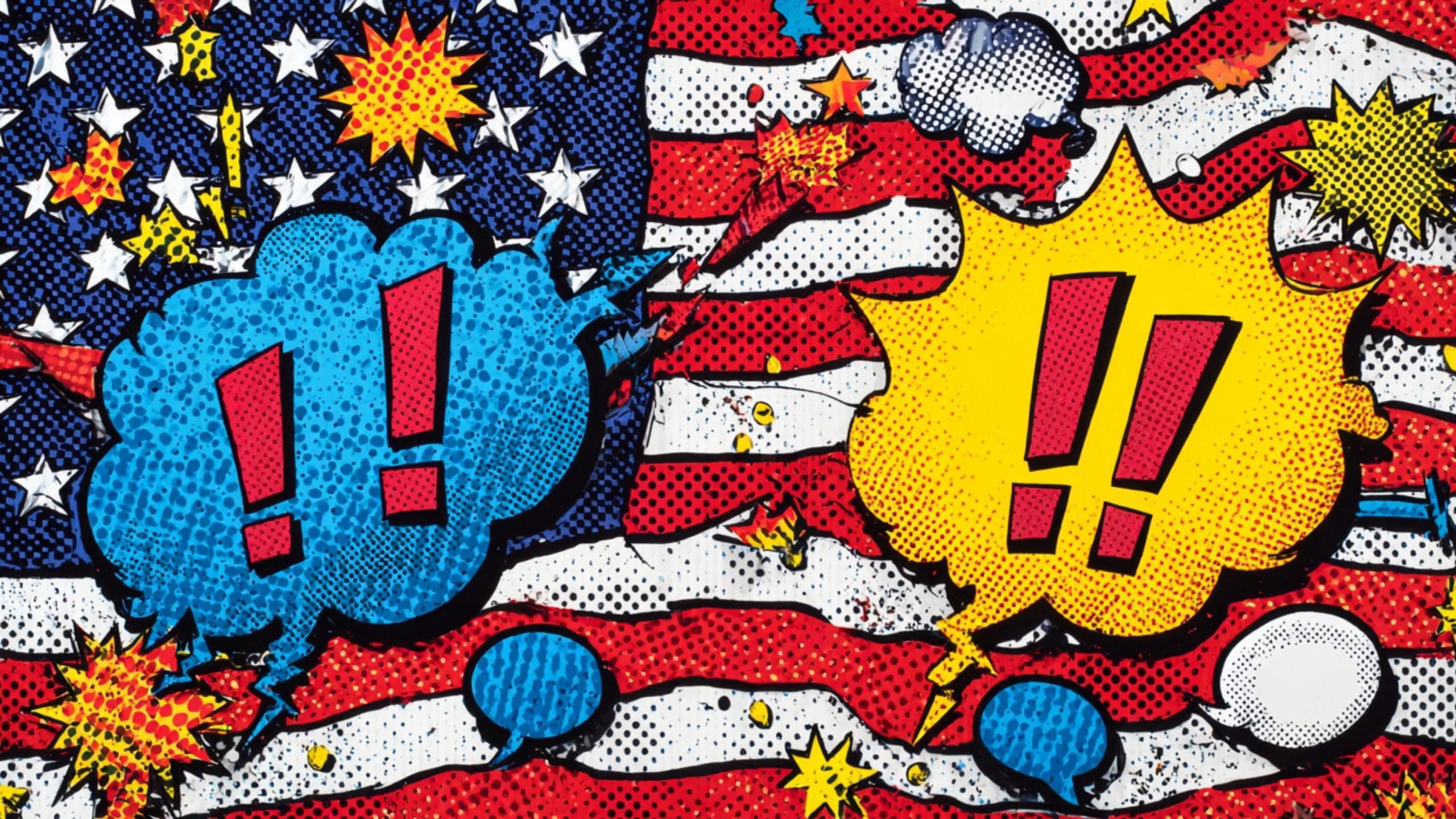A new piece of legislation was unveiled by Reps. Josh Gottheimer (D-NJ) and Don Bacon (R-NE) will raise alarms among defenders of free speech, as it aims to impose sweeping oversight on major social media platforms under the stated goal of curbing terrorist activity and “hate” online.
Titled the Stopping Terrorists Online Presence and Holding Accountable Tech Entities (STOP HATE) Act, the bill has gained the support of the Anti-Defamation League (ADL), an organization known for pushing expansive definitions of “hate speech” and lobbying for aggressive content moderation policies that often blur the line between genuine threats and political expression.
The proposed legislation would apply to platforms with at least 25 million unique monthly users in the United States.
Although the full legislative text has not yet been made public, a press release outlining its provisions places heavy emphasis on the role of social media in amplifying content from designated terrorist groups, specifically Foreign Terrorist Organizations (FTOs) and Specially Designated Global Terrorists (SDGTs).
Under the framework described, covered platforms would be compelled to produce detailed public reports explaining how they address violations of their terms of service, particularly in relation to content associated with the aforementioned groups.
They would also be required to disclose the criteria they use to determine whether such material constitutes a breach of policy. Meanwhile, the Director of National Intelligence would be tasked with issuing a separate report on how terrorist networks use social media. Platforms that fail to comply could face staggering fines of $5 million per day.
But despite its purported counterterrorism focus, language used by the bill’s sponsors and advocates signals a far broader intent, one that would almost certainly rub up against the First Amendment and extend into the regulation of political speech, contentious opinion, and open discourse.
More: X Sues New York Over Law Forcing Content “Moderation” Disclosure
Rep. Gottheimer, in the announcement, linked the initiative not only to terrorism but also to “disinformation and antisemitic hate online.” Rep. Bacon echoed this stance, invoking vague and subjective categories such as “scorn,” “hate,” and “racism” to justify a crackdown.
“Everybody in our country is entitled to respect and not to be the object of hate and scorn,” he said during the press event. “We want to be in a country that makes clear that antisemitism or any kind of racism is repugnant, unacceptable, not allowed in an online space, and that we have zero tolerance for it…We need to work with our social media companies to clean this up because what is going on is wrong. We need to hold these companies accountable and work with them to take it off the airwaves.”
At the same press conference, Rep. Bacon went further, suggesting that even political speech critical of “pro-Zionist” lawmakers should be considered out of bounds. He referred to a hypothetical article saying “we have to oppose congressmen who are pro-Zionists” as an example of antisemitic rhetoric that ought to be suppressed.
The ADL, long active in pressuring platforms to tighten restrictions on content, seized the moment to reiterate its campaign against what it characterizes as rampant antisemitism online.
ADL CEO Jonathan Greenblatt emphasized the bill’s role in pushing companies to more aggressively police “extremist content,” saying it would ensure that “extremists online who are looking to seed divisions among us and drive hate” are held in check.
The press materials framed the internet as a “breeding ground” for antisemitism and “disinformation,” citing the ADL’s 2024 Social Media Scorecard, which accuses Facebook, Instagram, TikTok, YouTube, and X of failing to adequately address flagged posts.
Despite the rhetoric focused on terrorism, this legislation appears poised to widen the federal government’s influence over online discourse, with vague terminology that could sweep up a vast array of constitutionally protected speech.
By granting federal authorities and advocacy groups significant leverage over what information can be expressed or shared, the STOP HATE Act represents another step toward normalizing censorship under the pretext of combating extremism.










